Session
Leveraging Solutions: Smart Policies, Plans, and Actions
Climate-fragility Risk Reduction for Development and Peace
Witnessing the increasing implications of climate change on peace, conflicts and crisis, the G7 countries commissioned an independent report to take a stock of climate change implications on states. The report, produced in 2015 by adelphi, Germany, identified that states could be seriously impacted by climate-fragility risks (CFRs) in ways that were not well-recognised due to compounding of risks, and it called for joint measures on the global agenda for sustainable development. Under Japan’s G7 presidency, the Ministry of Foreign Affairs of Japan (MOFA) hosted an international roundtable seminar on CFRs in January this year where it was recognised that the risk analysis of climate change should be integrated into the agenda of foreign policy. IGES collaborated with adelphi to conduct a study on the current understanding on CFRs, and on development and peace in Asia in general and Japan in particular.
This session hopes to attract a wide audience by inviting speakers from the government, a development agency, research institutes and civil society, and providing a valuable platform to exchange views on how the discussions made at the G7 meeting could be further crystallised into actionable points for immediate interventions.
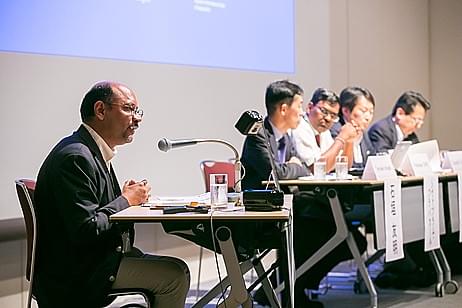
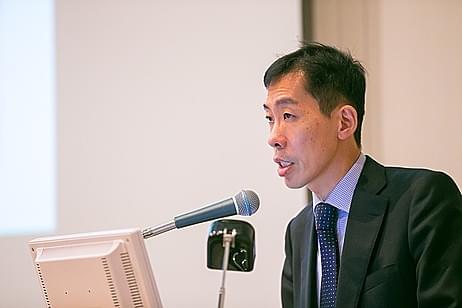
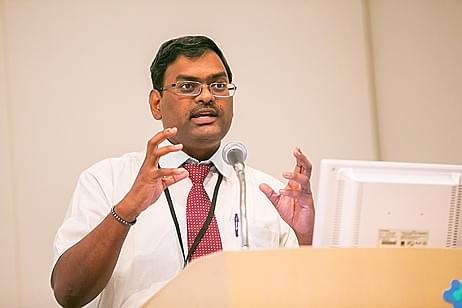
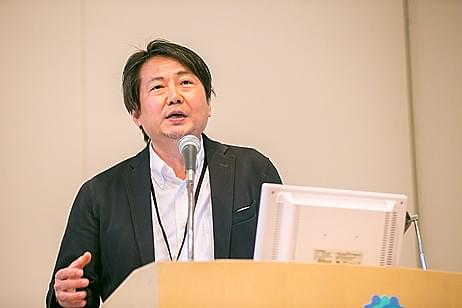
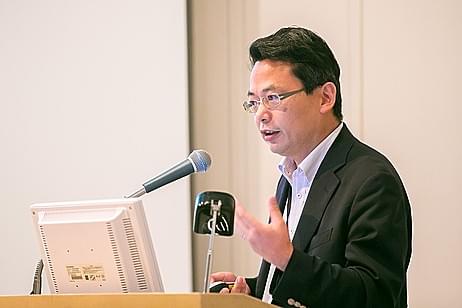
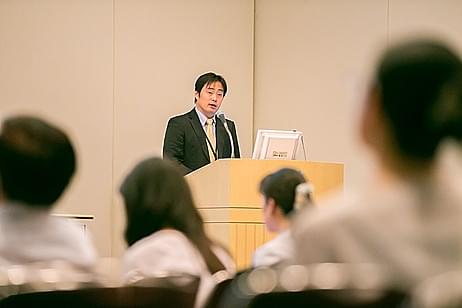
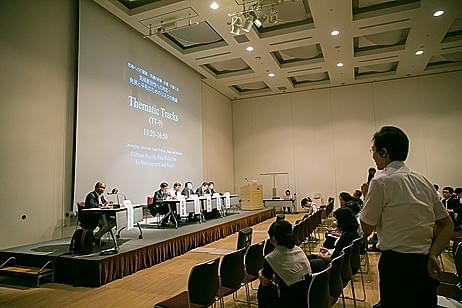
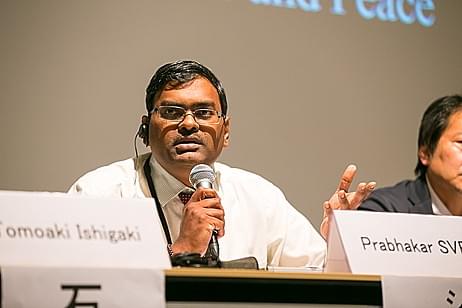
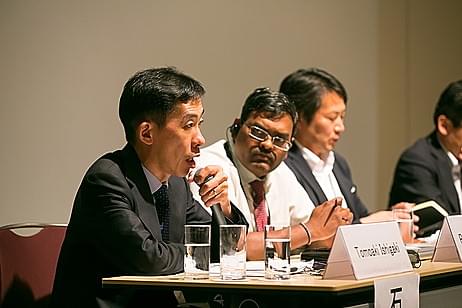
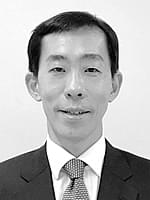
SSS
Tomoaki Ishigaki
Director, Climate Change Division, International Cooperation Bureau, Ministry of Foreign Affairs of Japan

SSS
Prabhakar SVRK
Research Manager, Natural Resources and Ecosystem Services, IGES
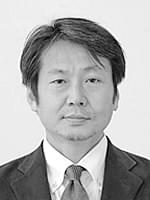
SSS
Tsuyoshi Fujita
Director, Center for Social and Environmental Systems Research, National Institute for Environmental Studies (NIES)
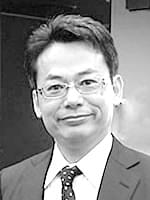
SSS
Mikio Ishiwatari
Senior Advisor, Disaster Management and Water Resources Management, Japan International Cooperation Agency (JICA)
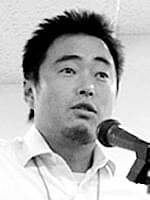
SSS
Takeshi Komino
General Secretary, CWS Japan
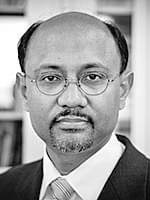
Moderator
Rajib Shaw
Professor, Graduate School of Media and Governance / Faculty of Policy Management, Keio University Shonan Fujisawa Campus

SSS
Tomoaki Ishigaki
Director, Climate Change Division, International Cooperation Bureau, Ministry of Foreign Affairs of Japan
Mr. Tomoaki Ishigaki, Director of the Climate Change Division, has served for over 20 years in the Japanese Ministry of Foreign Affairs. He has undertaken various responsibilities in international trade, legal affairs, U.S.-Japan security policy, and Japan’s security and disarmament policy at the United Nations. He also worked as Counsellor of the Cabinet Legislation Bureau (2010-2013) and Executive Assistant to Prime Minister Abe’s Economic and Fiscal Policy Advisor (2006-2007). He currently oversees Japan’s climate change policy and coordinates with relevant ministries in leading the negotiations on international rule-making as well as climate finance. He is a graduate of Amherst College and studied law at the University of Tokyo before joining the Ministry of Foreign Affairs. He has written a number of articles on international law and disarmament affairs, spoken at various conferences and taught at Japanese universities on these subjects.

SSS
Tsuyoshi Fujita
Director, Center for Social and Environmental Systems Research, National Institute for Environmental Studies (NIES)
Professor Tsuyoshi Fujita is also Visiting Professor at Tokyo Institute of Technology in the field of applied energy, Alliance Professor of Nagoya University in the field of environmental science, as well as Visiting Professor of United Nations University in Japan. His research fields are eco industrial development, low carbon city, urban environment simulation system, circular economy planning and spatial LCA, where he has published around seventy journal papers. He is engaged in several national research projects to develop integrative urban technology and policy simulation system for Japanese and Asian cities and regions. He received a doctor of engineering degree from the University of Tokyo in 1997 as well as a MCP (Master of City Planning) degree from the University of Pennsylvania in 1991.

Moderator
Rajib Shaw
Professor, Graduate School of Media and Governance / Faculty of Policy Management, Keio University Shonan Fujisawa Campus
Prof. Rajib Shaw is a Japanese national of Indian origin. Also a Senior Fellow of IGES and the Chairperson of SEEDS Asia, a Japanese NGO. Earlier, he was the Executive Director of the Integrated Research on Disaster Risk (IRDR), a decade-long research program co-sponsored by the International Council for Science (ICSU), the International Social Science Council (ISSC), the United Nations International Strategy for Disaster Reduction (UNISDR) and a Professor in the Graduate School of Kyoto University. His expertise includes community-based disaster risk management, climate change adaptation, urban risk management, and disaster and environmental education. He is a member of the United Nations global Science Technology Advisory Group (STAG); and the Co-chair of the Asia Science Technology Academic Advisory Group (ASTAAG). He is the editor of a book series on disaster risk reduction, published by Springer and has published extensively scientific journals and books.

SSS
Takeshi Komino
General Secretary, CWS Japan
Mr. Takeshi Komino also serves as General Secretary for Asian Disaster Reduction and Response Network (ADRRN), Regional Steering Group member of World Humanitarian Summit (WHS), board member of Core Humanitarian Standard. In addition, he plays joint secretariat function for Japan CSO Coalition for DRR (JCC-DRR), Steering Group member of Humanitarian Innovation Forum Japan. He graduated from Doshisha University, and holds Development Studies M.A. from Brandeis University.

SSS
Mikio Ishiwatari
Senior Advisor, Disaster Management and Water Resources Management, Japan International Cooperation Agency (JICA)
Dr. Mikio Ishiwatari worked at the World Bank as Senior Disaster Risk Management Specialist and as the focal point for the “Learning from Mega-disaster: Lessons from the Great East Japan Earthquake” project in Tokyo. He led formulation of the Japanese assistance approaches of climate change adaptation and community-based disaster management and led the preparation and supervision of various JICA projects. He was instrumental in producing several project reviews and papers in the field of disaster risk reduction. Earlier, he worked at various positions of water resources management at the Ministry of Land, Infrastructure, and Transport, Japan for 17 years. He worked as Urban Development Specialist at the Asian Development Bank.
